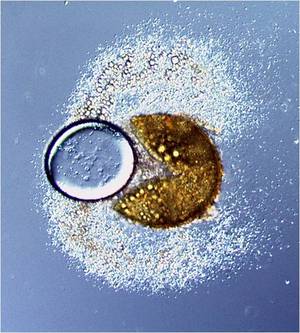Welcome to the Bucher Lab

Group's Mission
The Bucher Lab at the University of Cologne is dedicated to the study of molecular and biochemical relationships at the interface between plant roots and soil, with a focus on nutrient uptake and beneficial interactions between roots and the microflora. Using a mix of innovative molecular, physiological, and genomic methods, we unravel the symbiotic relationships and dialogues between microbes and roots to address the challenges of adverse environments and climate change. By fostering interdisciplinary, international collaboration, we aim to equip the next generation of scientists with the knowledge, skills, and competences to sustainably manage plant-root ecosystems in a rapidly changing environment.
Diversity and Inclusion
Our research team promotes diversity and inclusivity. We actively work to dismantle barriers in Plant and Microbial Sciences. As the principal investigator, I'm dedicated to addressing biases, challenging stereotypes, and ensuring everyone feels supported and heard. As a group, we are ready to listen, learn, and ensure that all members can excel in an environment that celebrates differences.
Our Research Work
The Bucher laboratory studies the molecular basis of symbiotic plant-microbe interactions, in particular the arbuscular mycorrhizal symbiosis (AMS) between land plants and soil fungi of the subphylum Glomeromycotina. A key feature of AMS is the exchange of the nutrient element phosphorus, provided by the fungus to the host plant, for photosynthetically bound carbon. Our studies have shown that mycorrhiza-specific phosphate transporters are central components of this symbiosis. We are currently investigating their regulation and function under both controlled and field conditions. In complementary research, we are investigating mycorrhizal interactions in Brassicaceae and their responses to nutrient deprivation. Following the holobiont concept, we are also investigating the root-associated fungal and bacterial communities in these plants and studying the biology of microbial isolates, both individually and in synthetic communities, to determine how they support host plant growth. We aim to identify key genes and mechanisms that control the microbiota in plant roots and in particular the metabolic exchange with symbiotic fungi. Thus, our work has a strong focus on mutualistic plant-microbe interactions and will hopefully yield many surprising results.
